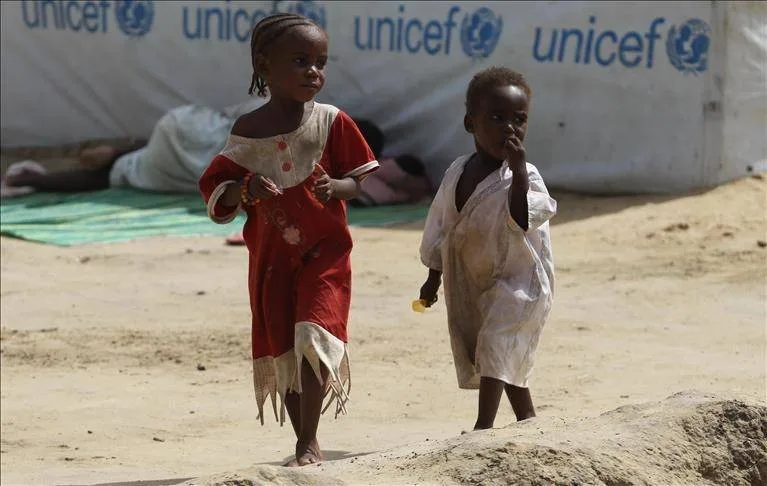Cholera Threat Looms Over 80,000 Children in West and Central Africa
As the rainy season descends upon West and Central Africa, a grave concern arises for approximately 80,000 children who are now at heightened risk of contracting cholera. This alarming situation has been brought to light by UNICEF, the United Nations’ children’s agency, highlighting the urgent need for preventative measures and aid.
Factors Contributing to the Increased Risk
Several factors contribute to this elevated risk. Heavy rainfall often leads to:
- Contamination of water sources
- Overburdened sanitation systems
- Increased displacement, leading to crowded living conditions
These conditions create a breeding ground for the rapid spread of waterborne diseases like cholera.
The Impact of Cholera on Children
Cholera can be particularly devastating for young children. The rapid dehydration caused by the infection can quickly become life-threatening if left untreated. Symptoms of cholera include:
- Severe diarrhea
- Vomiting
- Rapid dehydration
Prompt medical intervention, including rehydration therapy and antibiotics, is crucial for survival.
UNICEF’s Response and Call to Action
UNICEF is actively working to mitigate the impact of the impending cholera outbreak by:
- Distributing clean water and sanitation supplies
- Supporting vaccination campaigns
- Providing treatment for infected children
- Raising awareness about cholera prevention
The agency is also urging governments and international partners to increase their support to prevent and control cholera outbreaks in the region.
Preventative Measures You Can Take
While large-scale efforts are underway, individuals and communities can also take steps to protect themselves from cholera:
- Practice proper hand hygiene by washing hands frequently with soap and water.
- Ensure water is safe to drink by boiling or treating it.
- Cook food thoroughly and avoid consuming raw or undercooked foods.
- Maintain good sanitation practices and dispose of waste properly.
Final Overview
The impending rainy season brings with it a serious threat of cholera for tens of thousands of children in West and Central Africa. By understanding the risks, supporting aid organizations like UNICEF, and practicing preventative measures, we can collectively work to protect vulnerable populations from this preventable disease.




+ There are no comments
Add yours